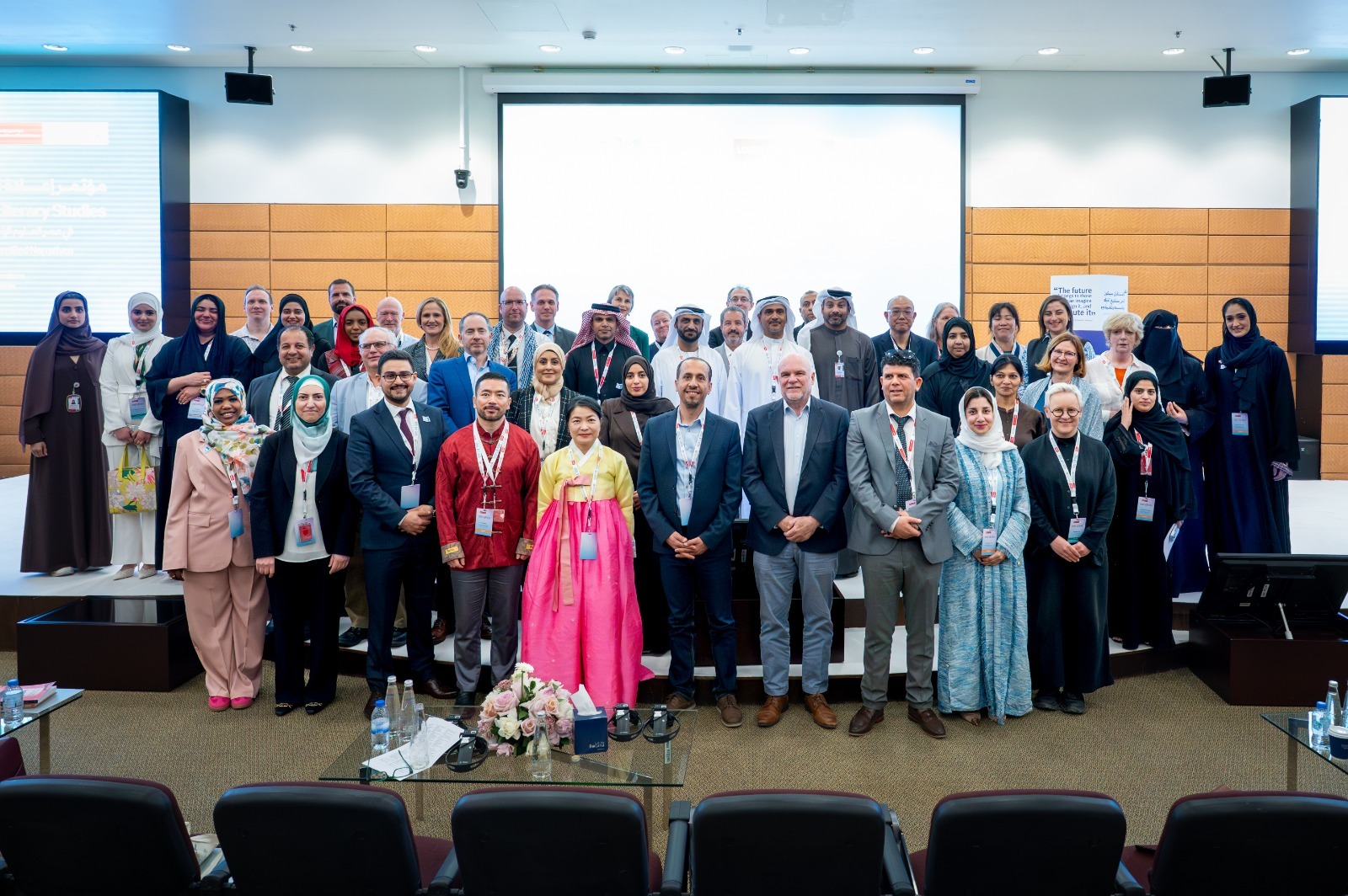Free Financial Literacy Courses for VU Students – Expert Insights from Industry Professionals
 The Lithuanian Private Equity and Venture Capital Association (LT VCA), together with Vilnius University (VU), is organising the course “Breaking into the Finance World: Private Equity and Venture Capital” for the fourth consecutive year. The course is open to VU students, alumni, and anyone interested in the world of finance.
The Lithuanian Private Equity and Venture Capital Association (LT VCA), together with Vilnius University (VU), is organising the course “Breaking into the Finance World: Private Equity and Venture Capital” for the fourth consecutive year. The course is open to VU students, alumni, and anyone interested in the world of finance.
Participants in the course will have the opportunity to learn about the inner workings of private equity and venture capital. Over the eight-lecture series, attendees will explore the structure of private equity and venture capital funds and the ways they generate returns, gain insight into the decision-making processes behind closed doors, learn how investors assess startups and companies, discover what distinguishes great deals from costly mistakes, understand how value is created post-investment, and examine the reasons why some companies fail.
The lecture team consists of top-level professionals who manage over €3 billion in assets across the Baltic region and represent some of the largest funds in the Baltics, such as FIRSTPICK, Contrarian Ventures, Practica Capital, Invalda INVL Group, Superia, Nter Asset Management, Confluence Investment, and others.
This course is designed for students from a variety of disciplines – no prior experience in private equity, venture capital, or finance is required. The programme is free for VU students, but places are limited, so registration is mandatory using an academic VU email address. VU alumni are also eligible for a 25% discount. For others, the course fee is €350.
Upon completion of the course and successful passing of the exam, each participant will receive a market-recognised certificate at the closing ceremony, marking the beginning of their journey into the world of private equity and venture capital.
Participants will also have the opportunity to compete for prizes: a €1,000 award will be given to the best-performing student, and €800 for the second-best-performing student. Additionally, course participants may be shortlisted for internship opportunities within leading private equity and venture capital funds.
The course will last eight weeks, with sessions held in English every week from March 17 to May 4 at the VU Scientific Communication and Information Center, Conference Hall (Saulėtekio Ave. 5, Vilnius).

 The Institute of Social Sciences and Applied Informatics at the Kaunas Faculty of Vilnius University continues a series of seminars initiated by Professor Vladas K. Gronskas, now named in his honour, dedicated to analysing sustainable state development within a mixed economy.
The Institute of Social Sciences and Applied Informatics at the Kaunas Faculty of Vilnius University continues a series of seminars initiated by Professor Vladas K. Gronskas, now named in his honour, dedicated to analysing sustainable state development within a mixed economy. Dear members of the Faculty community,
Dear members of the Faculty community, On
On  Have questions about your studies, schedules, or academic procedures?
Have questions about your studies, schedules, or academic procedures?
